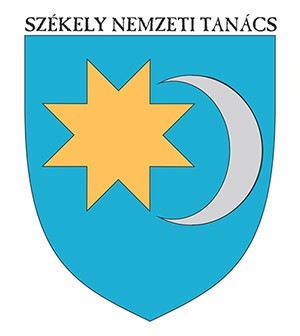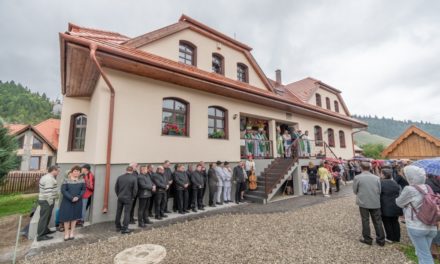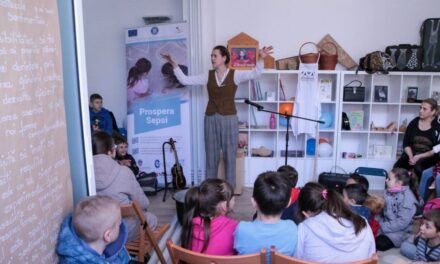The Székely National Council (SZNT) asks the foreign ministries of the member states of the Schengen area to request information from the leaders of the Hungarian churches and Hungarian advocacy organizations in Romania on the situation of fundamental human rights, including minority rights, before deciding on the admission of Romania to the Schengen area.
In an open letter sent to MTI on Tuesday, SZNT appealed to the foreign ministries of the countries of the Schengen area. According to the document, the Hungarian national community in Romania is interested in the country's accession to the Schengen area, but at the same time accepts the reservations of individual states with great understanding. "We believe that all member states of the Schengen area should be aware of the dual behavior that characterizes Romania's relationship with international and community law in the last thirty years," states the document signed by SZNT president Izsák Balázs.
SZNT mentions: after the regime change, Romania signed the European Convention on Human Rights, thereby preparing for its accession to the Council of Europe. It undertook a unilateral obligation to fulfill the recommendations of the Council of Europe, which was a condition for joining. He promised to return the church schools and church property arbitrarily confiscated by the communist government to the Hungarian churches in Romania.
Accession took place on October 7, 1993, but after that, the head of state of Romania at the time, Ion Iliescu, declared that the recommendations of the Council of Europe were not binding on Romania, and then the restitution of church schools and church property stalled, and even the renationalization of returned schools has started. On January 1, 2007, Romania joined the European Union, partially fulfilling the accession criteria and promising not to take their fulfillment off the agenda.
Among the so-called Copenhagen criteria, the respect and protection of minority rights is listed first.
Even today, Romania does not respect and does not guarantee the rights of the minorities living on its territory.
In this case too, the Romanian governments reject the Copenhagen criteria by saying that they were only valid during the period of EU accession.
"We reiterate that as citizens of Romania, as Hungarians in Romania, we are interested in Romania's accession to the Schengen area, but we see this as a last chance for the member states of the Schengen area to force the Romanian state to comply with its obligations," the document states.
Among the promises to be enforced, the SZNT mentioned the unconditional and immediate return of the property of the Hungarian churches, the restoration of Hungarian church education, the unconditional and full compliance with the recommendations of the Council of Europe, and the full and good faith observance of the provisions of the European Charter for regional or minority languages.
He specifically referred to the recommendation of the Council of Europe No. 1201/1993, the eleventh point of which states: "in those districts where persons belonging to a national minority form the majority, these persons have the right to be appropriate to their specific historical and territorial situation, and the state's national with local or autonomous public administration bodies in accordance with its legislation, or have a special status".
The SZNT recommended that the member states of the Schengen area consult with the leaders of the Hungarian churches and Hungarian advocacy organizations in Romania before making a decision, and ask them for information on the observance of basic human rights, including minority rights.
Source: MTI













